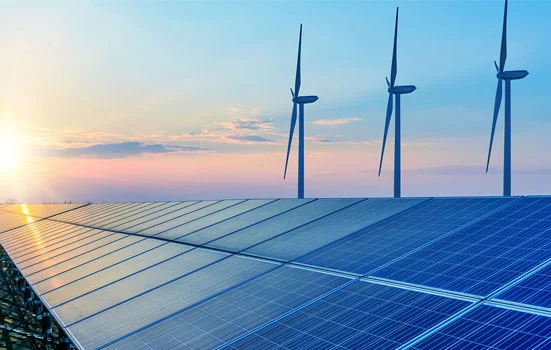
We will make your home & business completely safe.
Working with customer realizing—that is, showing customers how to determine comparative issues later on.
34500+
Completed Projects
Completed Projects
100's
Solar panel projects
75+
Commercial installations
1000's
kWh's of electricity produced
10+
Broken coffee mugs!
Benefits of UK Solar Panels
As energy prices soar, solar panels can offer significant savings on your monthly and annual energy bills. Explore the numerous benefits of going solar, from cost savings to environmental impact.
-
Cost Savings:
Reduce your energy bills significantly. -
Environmental Impact:
Contribute to a greener planet by reducing your carbon footprint. -
Energy Independence:
Enjoy the benefits of generating your own electricity.
Solar panel maintenance services FAQs
Solar panel efficiency refers to the ability of a solar panel to convert sunlight into usable electricity. It is measured as a percentage and represents the amount of sunlight that is successfully converted into electricity. Higher efficiency panels can generate more electricity from the same amount of sunlight, making them more efficient and effective in capturing solar energy.Solar panel efficiency refers to the ability of a solar panel to convert sunlight into usable electricity. It is measured as a percentage and represents the amount of sunlight that is successfully converted into electricity. Higher efficiency panels can generate more electricity from the same amount of sunlight, making them more efficient and effective in capturing solar energy.
Solar panel efficiency is calculated by dividing the maximum power output of the panel by the amount of sunlight it receives. The power output is typically measured under standard test conditions (STC), which simulate ideal sunlight and temperature conditions. The resulting percentage represents the panel's efficiency rating.
Several factors can impact solar panel efficiency. The quality and type of materials used in the panel's construction, such as the semiconductor material, can influence efficiency. The temperature, angle, and amount of sunlight also play a role. Additionally, factors like shading, dirt, and aging can affect a panel's efficiency over time.
Solar panel efficiency is important because it directly affects the amount of electricity a panel can produce. Higher efficiency panels can generate more electricity in the same amount of space, making them more cost-effective and productive. They are particularly beneficial in situations with limited roof space or when aiming to maximize energy production.
The average efficiency of solar panels varies depending on the technology used. Traditional crystalline silicon panels typically have efficiency ratings between 15% and 20%, while newer technologies like monocrystalline and thin-film panels can achieve higher efficiencies, reaching up to 25% or more. It's important to consider efficiency when selecting solar panels for specific projects.